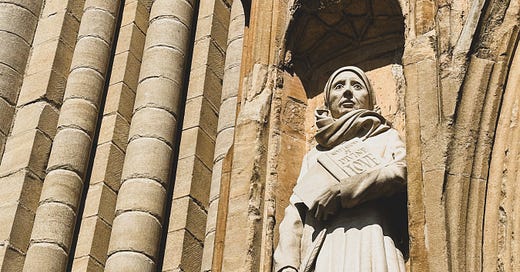“It’s almost predictable at this point,” my friend Robert said over his shoulder as we sweated our way back down the trail.
Despite having started early, the Tennessee humidity was making a full showing as we wound our way through the cedar groves along the shore of the lake.
I’d been explaining my upbringing, and mentioned that I’d gone to the church of a prominent evangelical who loved to preach on the “sin” of homosexuality, only to be caught with male sex workers some years later.
It’s almost a trope now: the pastor who preaches on adultery runs off with someone in the church who’s not their spouse. The pastor calling down fire and brimstone on gay people is closeted themselves. Perhaps they are preaching what they think they should, or trying to convince themselves of something.
As I went through my own deconstruction process in which I began to question all the things I’d been taught wer…
Keep reading with a 7-day free trial
Subscribe to Wild Thriving to keep reading this post and get 7 days of free access to the full post archives.





